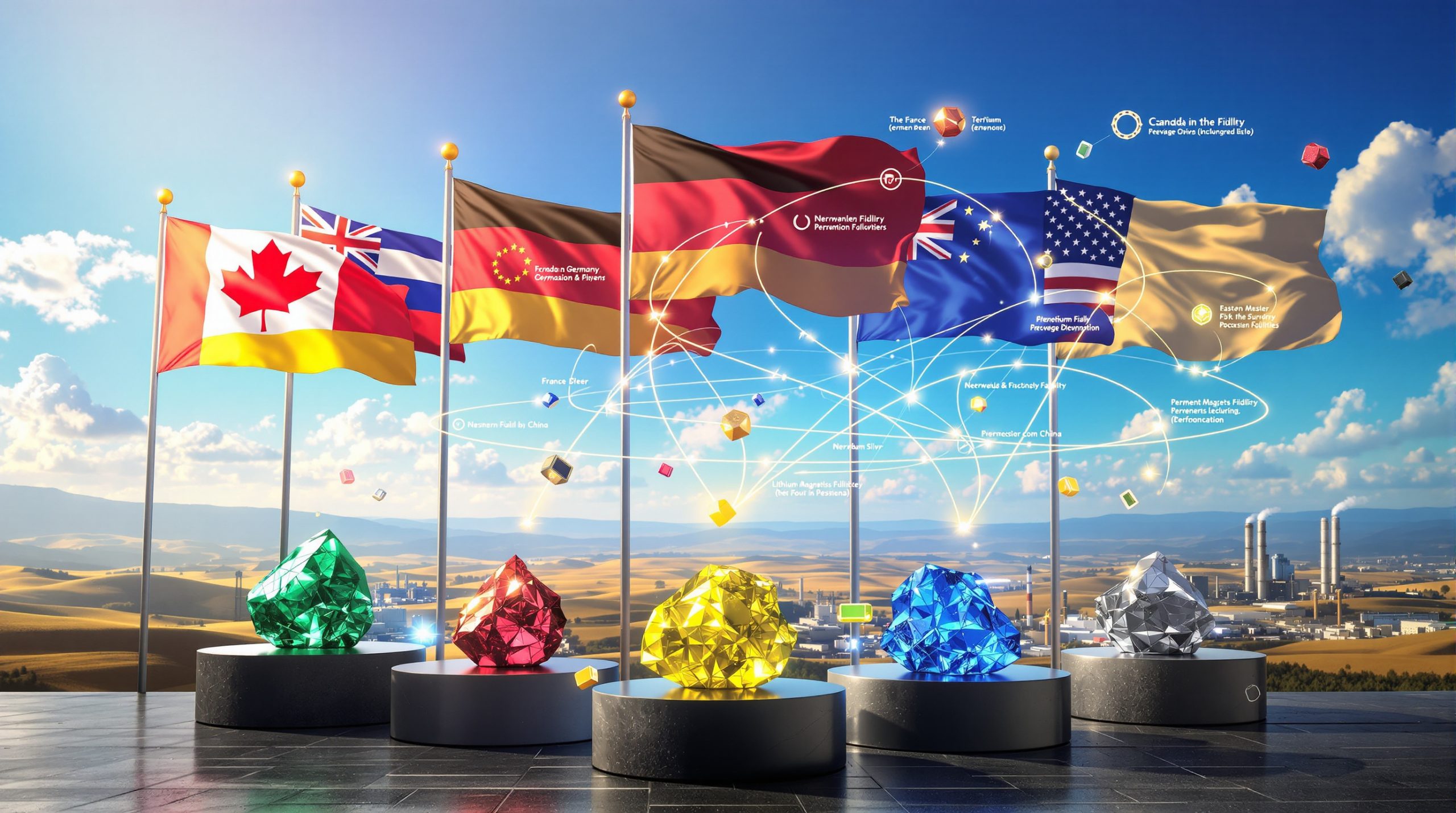Ghana's New Gold Trading Policy: Implications for Markets and Economy
Ghana's recent mandate requiring foreign entities to exit its gold trading market by April 30, 2025, marks a transformative shift in the nation's approach to mineral resource management. By centralizing authority under the newly established Gold Board (GoldBod), the government aims to capture greater revenue from its status as Africa's leading gold producer, combat smuggling, and stabilize its currency. This policy overhaul follows a record-breaking 53.2% surge in gold exports to $11.64 billion in 2024, driven by legal small-scale miners contributing nearly $5 billion. With global market insights suggesting gold prices surpassing $3,200 per ounce amid geopolitical tensions, Ghana seeks to leverage favorable gold market trends while restructuring its domestic gold trade.
What Is Ghana's New Gold Trading Policy?
Ghana's Shift to Centralized Gold Trading
Under the policy enacted in April 2025, Ghana invalidated all prior export licenses and designated GoldBod as the sole entity authorized to purchase, assay, and export artisanal gold. Foreign companies, previously active in direct trading, must now exit the local gold trade by April 30 but retain the option to procure gold through GoldBod via formal applications. This structural overhaul replaces a decentralized system where multiple license holders competed for gold from small-scale miners, often leading to revenue leakage and inconsistent pricing.
Goals of Ghana's Gold Market Restructuring
The policy targets four key objectives: streamlining gold purchases from artisanal miners, increasing national revenue retention, reducing smuggling, and stabilizing the cedi, Ghana's national currency. Finance Minister Cassiel Ato Forson emphasized that centralization would enable the government to "benefit more from gold sales" by ensuring transparent pricing and direct oversight of exports. With artisanal mining contributing 43% of Ghana's 2024 gold exports ($5 billion of $11.64 billion), the state aims to formalize this sector while curbing illegal activities that have historically diverted 30–35% of production.
Why Is Ghana Reforming Its Gold Trading System?
Economic Significance of Gold to Ghana
As Africa's largest gold producer, Ghana relies on the metal for 48% of its export earnings and 5.7% of GDP. The 2024 export surge to $11.64 billion—up from $7.6 billion in 2023—underscores gold's critical role in offsetting fiscal deficits and servicing external debt, which stood at 71.9% of GDP in Q4 2024. Small-scale operations, comprising over 1 million miners, have become pivotal, contributing 43% of export revenue despite operating with limited regulatory oversight until now.
Challenges in the Previous Trading System
The pre-reform landscape was characterized by a fragmented network of 32 licensed exporters, including foreign firms, which often underreported prices to minimize tax liabilities. An estimated 35% of artisanal gold production was smuggled to neighboring Togo and Burkina Faso, depriving Ghana of $1.2–$1.8 billion annually. Additionally, fluctuating cedi values—partly tied to irregular foreign exchange inflows from gold—complicated monetary policy, with the currency depreciating 24% against the dollar in 2023.
How Will This Policy Impact Ghana's Gold Industry?
Implications for Local Mining Operations
GoldBod's monopoly introduces standardized pricing models, replacing ad hoc negotiations between miners and buyers. While this may reduce exploitative practices, concerns persist about delayed payments and bureaucratic bottlenecks. For instance, a pilot centralized system in Burkina Faso saw miner incomes rise 18% but faced criticism over 45–60 day payment delays. Ghana's success hinges on GoldBod's operational efficiency, particularly in remote regions where 70% of artisanal mining occurs.
Effects on Foreign Investors and Companies
Foreign firms like Dubai-based Kaloti Precious Metals and Swiss refiner Valcambi must restructure operations by April 30, transitioning from direct purchases to GoldBod partnerships. While this ensures compliance, it adds a layer of bureaucracy; companies now face a 14–21 day approval process for gold acquisitions, potentially disrupting supply chains. However, the policy may attract ethical investors seeking conflict-free sourcing, as GoldBod's centralized assays will provide standardized documentation.
What Is the Current State of the Global Gold Market?
Recent Gold Price Trends
Gold's unprecedented rally to $3,200/ounce in April 2025 reflects sustained demand amid US-China trade tensions and inflationary pressures. Central banks, led by China and India, increased reserves by 19% YoY in Q1 2025, while retail investors allocated 12% more to gold ETF strategies. This surge benefits Ghana by elevating the value of its reserves, which grew to 8.7 million ounces in 2024, worth $27.8 billion at current prices.
Global Factors Influencing Ghana's Decision
Rising prices have intensified competition among gold-producing nations. Tanzania and Mali recently increased state royalties to 6%, while South Africa launched a centralized export platform similar to GoldBod. Ghana's reform aligns with this trend, positioning it to capitalize on prices while mitigating risks from potential market corrections. The evolution of gold mining practices globally has also influenced Ghana's strategic approach. Analysts project a 10–15% price decline if US-China tensions ease, making Ghana's timing strategic.
Conclusion
Ghana's gold market restructuring represents a calculated gamble to harness its mineral wealth amid global economic uncertainty. By centralizing control, the nation aims to rectify systemic revenue losses while leveraging record-high prices. Success depends on GoldBod's ability to balance efficiency with transparency, ensuring small-scale miners and foreign partners retain confidence. As Reuters reported, this deadline marks a significant turning point for international operators in Ghana's gold sector. For investors interested in this sector, a comprehensive mining stocks guide can provide valuable context. Immediate priorities include deploying blockchain traceability systems and expanding GoldBod's logistical reach to remote mining sites—steps that would solidify Ghana's position as a leader in ethical mineral trade.
Want To Track The Next Major Mineral Discovery?
Discovery Alert's proprietary Discovery IQ model instantly notifies investors about significant ASX mineral discoveries, turning complex geological data into actionable investment opportunities. Explore why major mineral discoveries can lead to substantial returns by visiting the Discovery Alert discoveries page and begin your 30-day free trial today.




